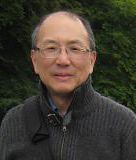| 2012 |
“When Was Linearity? — Linear Thought, Graphics, and Freedom in the Age of Knowledge Work” (North Carolina State U.)Categories Talks Talks
|
“When Was Linearity? — Linear Thought, Graphics, and Freedom in the Age of Knowledge Work.” North Carolina State University. 3 October 2012.
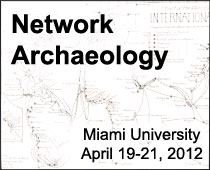
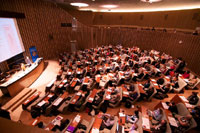
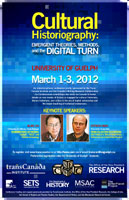
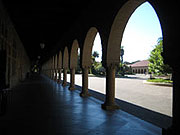
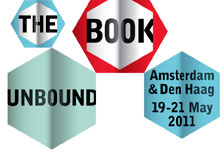
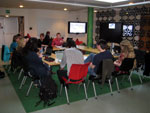
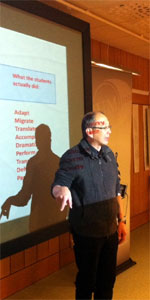
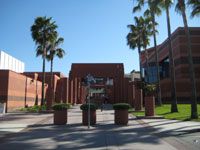
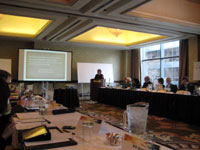
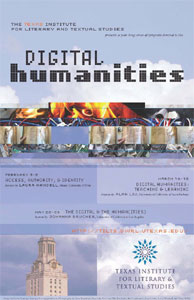
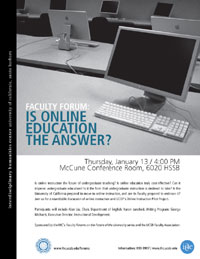
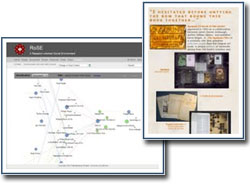 Basing his talk on Agrippa as well as on
Basing his talk on Agrippa as well as on 